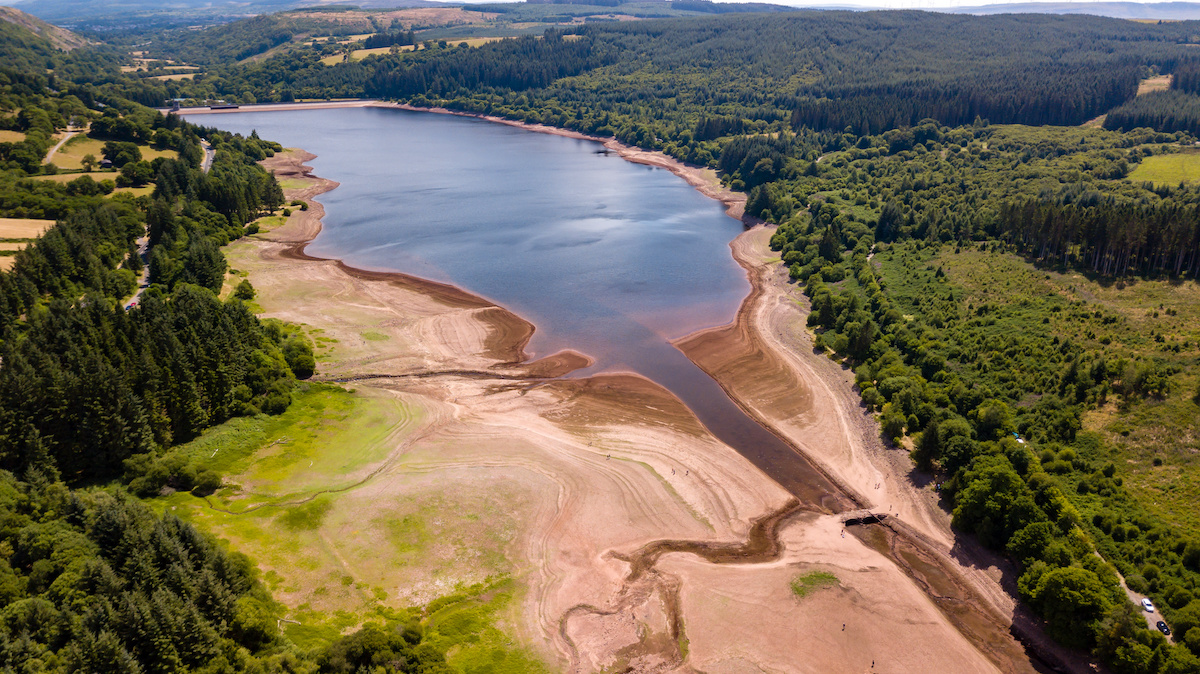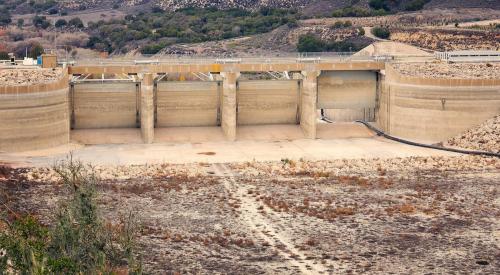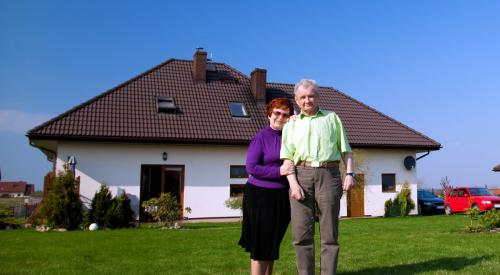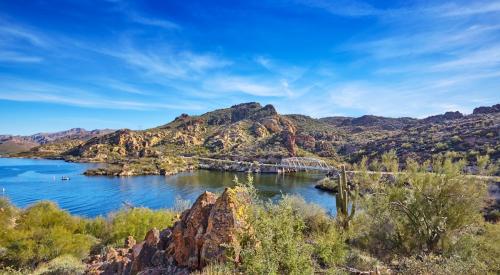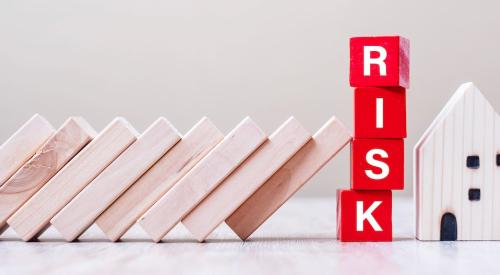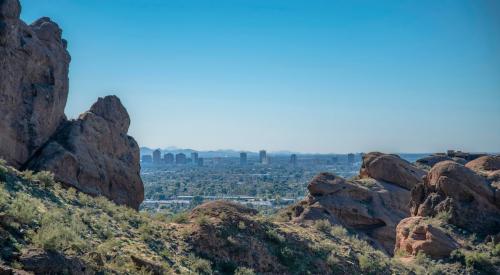The 1,750-person town of Oakley, Utah boomed at the height of the pandemic as remote workers flocked to the outskirts of larger urban areas, including nearby Salt Lake City. But the influx has not spurred a new construction spike seen in other areas—it spurred a construction moratorium. It’s an attempt to restrict growth amid the town’s scorching drought, reports the New York Times. No new homes that connect to the town’s water system are allowed to be built as 99.9% of Utah experiences severe drought conditions. Oakley’s mayor said the decision was made to protect the residents.
Across the Western United States, a summer of record-breaking drought, heat waves and megafires exacerbated by climate change is forcing millions of people to confront an inescapable string of disasters that challenge the future of growth.
Groundwater and streams vital both to farmers and cities are drying up. Fires devour houses being built deeper into wild regions and forests. Extreme heat makes working outdoors more dangerous and life without air-conditioning potentially deadly. While summer monsoon rains have brought some recent relief to the Southwest, 99.9 percent of Utah is locked in severe drought conditions and reservoirs are less than half full.
Yet cheap housing is even scarcer than water in much of Utah, whose population swelled by 18 percent from 2010 to 2020, making it the fastest-growing state. Cities across the West worry that cutting off development to conserve water will only worsen an affordability crisis that stretches from Colorado to California.
Farmers and ranchers — who use 70 to 80 percent of all water — are letting their fields go brown or selling off cows and sheep they can no longer graze. Gov. Spencer Cox of Utah said all but one of the fields on his family’s farm had dried up.
“It’s just brutal right now,” said Mr. Cox, who also asked the faithful to pray for rain. “If we continue to grow at the rate we’re growing now and have another drought like this in 10 years, there will be real drinking-water implications. That’s the thing that worries me the most.”
